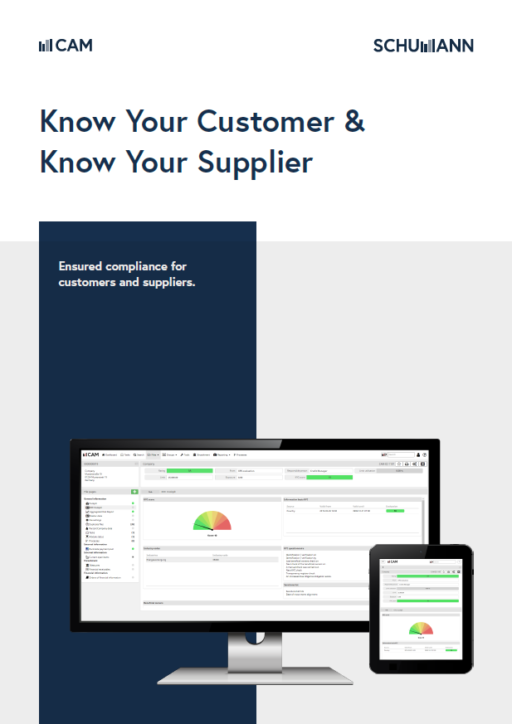The full name of the Supply Chain Act is the "Lieferkettensorgfaltspflichtengesetz" (LkSG, meaning Supply Chain Diligence Obligations Act) and it is regarded by organizations as an important step towards putting into practice the "UN Guiding Principles on Business and Human Rights" (UNGP), passed by the United Nations Human Rights Council in 2011.
The Supply Chain Act has the aim of better protection of human rights in supply chains and combating the use of child labour. Environmental issues are also considered insofar as they violate human rights or put people's health at risk.
By its very nature, the situation in worldwide supply chains is often complex and unclear: production sites are distributed throughout the world, intermediaries and subcontractors are often numerous. Critics point out that due to this complexity companies can all too easily neglect their responsibility to comply with human rights standards. The business practices of the other companies in the supply chain are unknown and the effort needed to achieve transparency is often great.
The new law is intended to change this situation: as of 1st January 2023, certain companies based in Germany will have responsibility for the protection of human rights in their supply chains. To achieve this, a system of levels has been defined that is based on the possibilities of having an influence.

